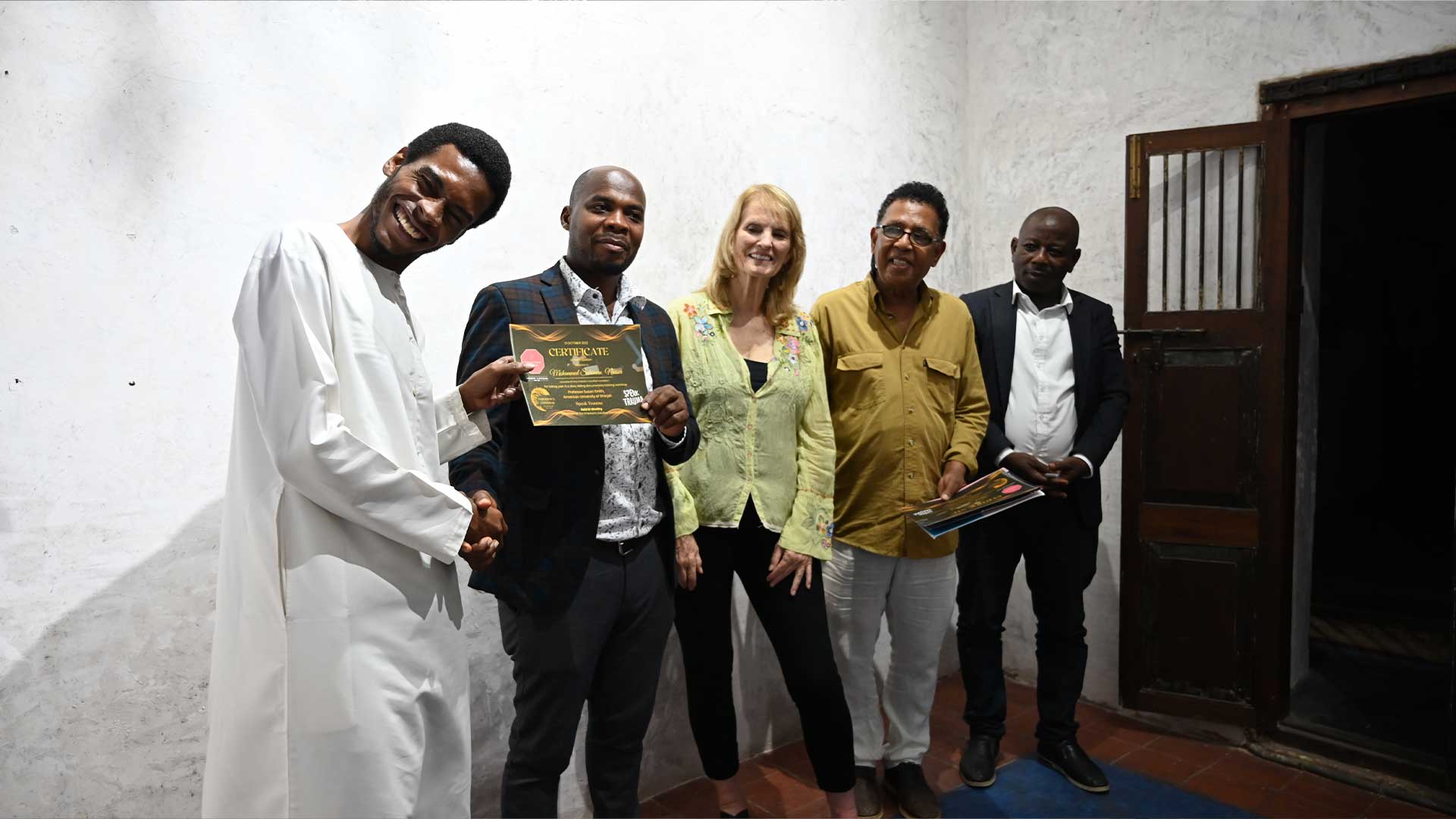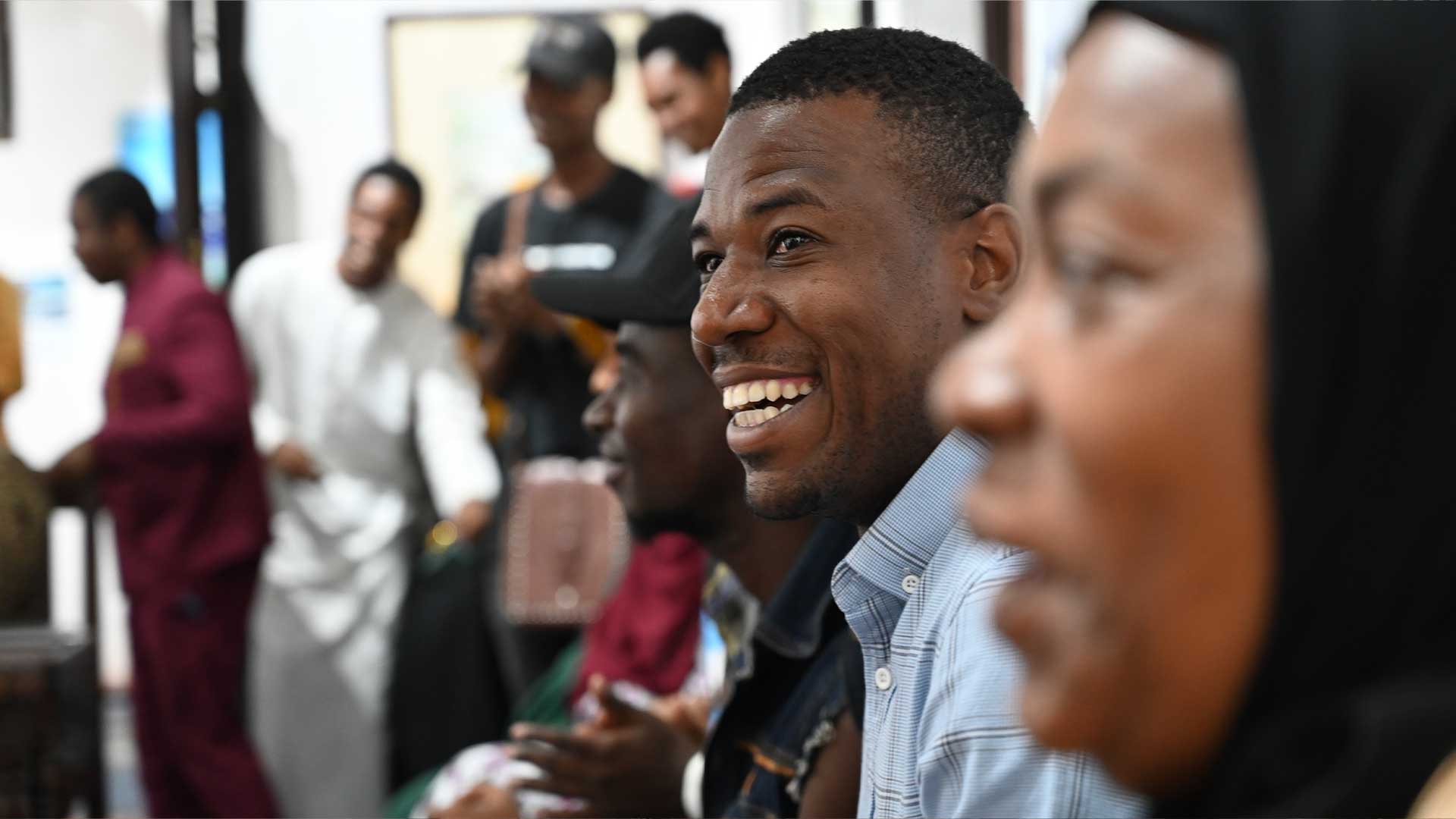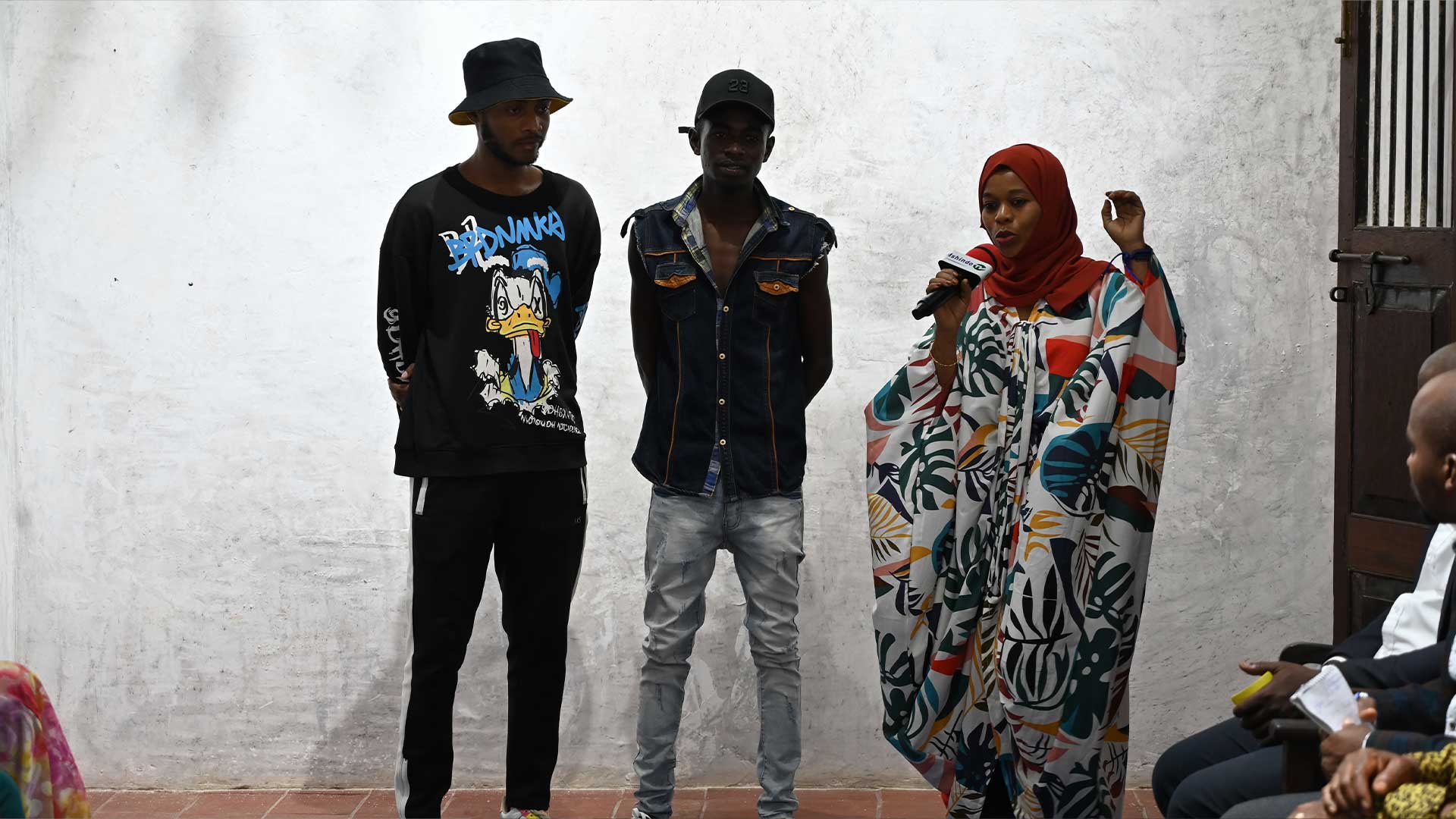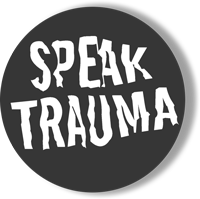ZANZIBAR
DOCUMENTARY WORKSHOP
STORY BY
SUSAN SMITH AND BHAIRAVI PALA
VIDEOS AND PHOTOGRAPHS
BY SUSAN SMITH
Speak Trauma facilitated the 2022 Zanzibar Documentary Workshop, funded by and Faculty Research Grant from the American University of Sharjah, The Zanzibar Emerson Foundation, and the Princess Salme Museum. The participants developed documentary-making skills by making five short documentaries. The workshop allowed participants to improve their filmmaking skills and employment opportunities. The workshop was headed by American University of Sharjah professor Susan Smith and former AUS students Zena Afara, Shanzeh Shafiq, and Miriam Sirere helped conduct the workshop. Designed to help those in the underserved Zanzibar filmmaking community, the workshop had a powerful impact on participants.
Zanzibar Workshop Video by Susan Smith
FIRST DAY OF THE ZANZIBAR WORKSHOP
Day 1 The documentary participants were provided with Nikon cameras, sound equipment, and tripods. The workshop kicked off with learning how to operate the cameras.
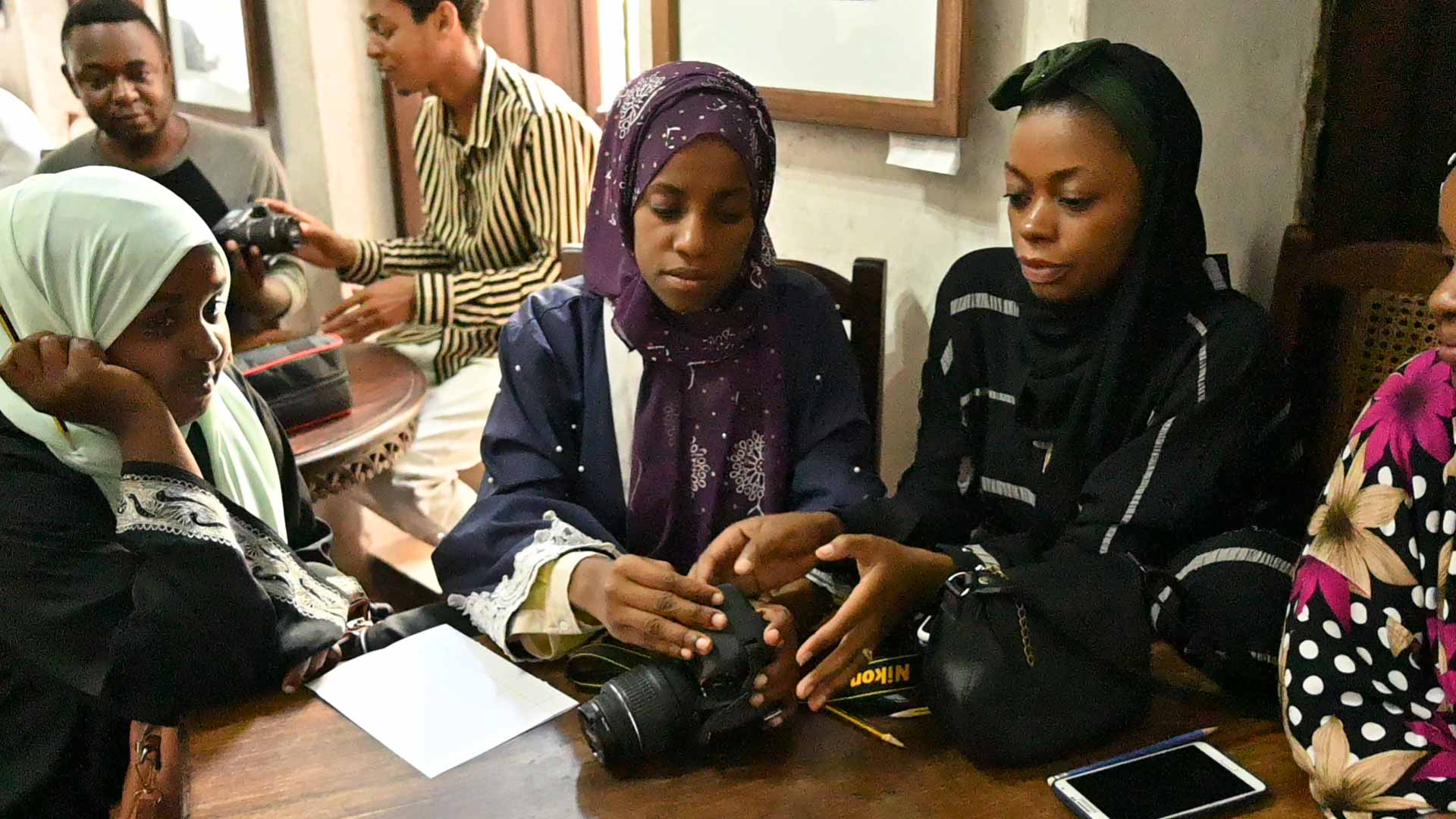
Learning how to use the new Nikon cameras.
Learning how to use the new Nikon cameras
Setting up Camera Modes
DOCUMENTARY GENRE
STORYTELLING documentary style creates structure and meaning from the sound bites of the interview. To recall the storytelling elements, the participants were asked to view a sample documentary and critique what values or ideologies were shared in the story, and share the emotions they experienced while viewing the report.
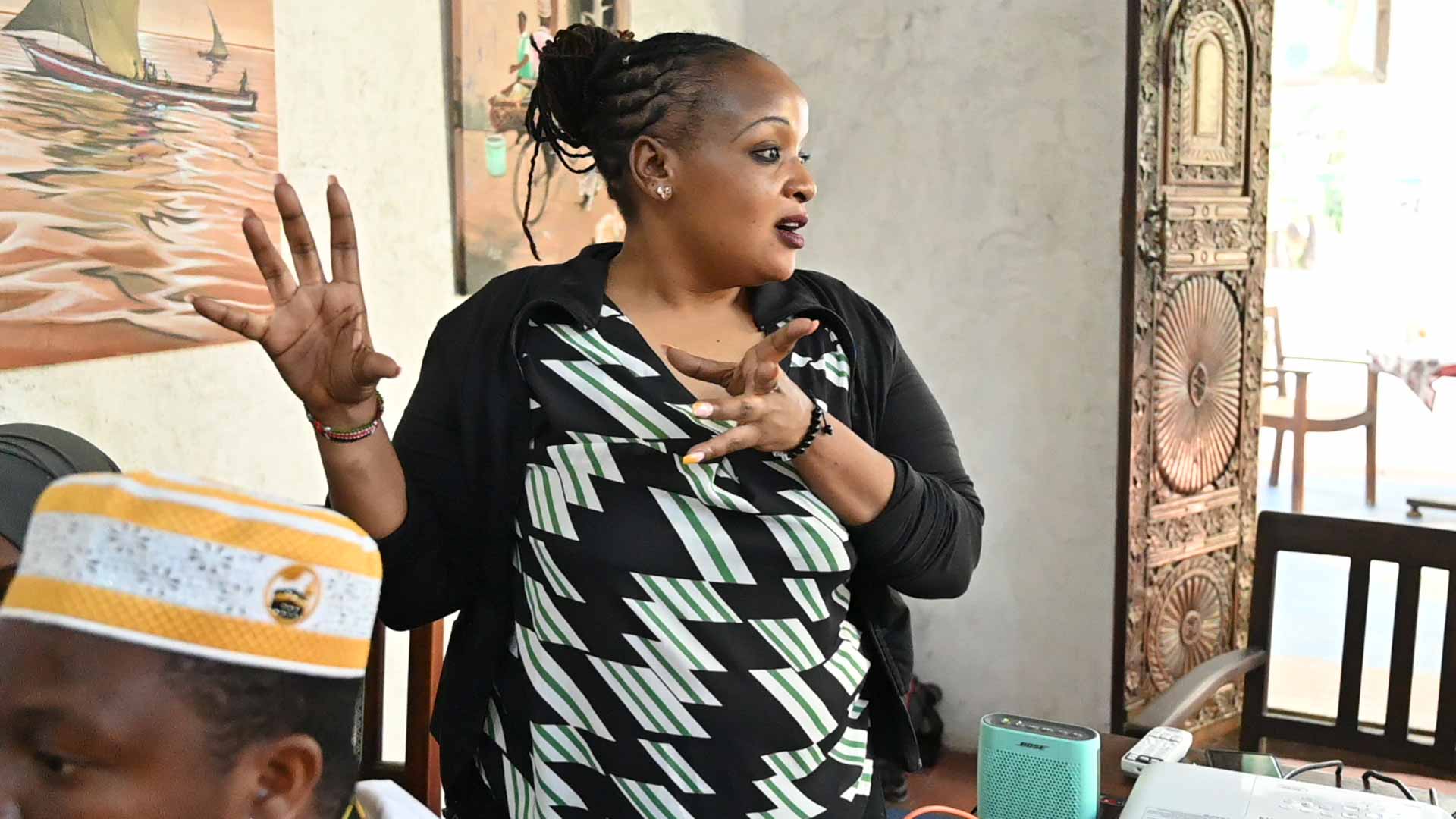
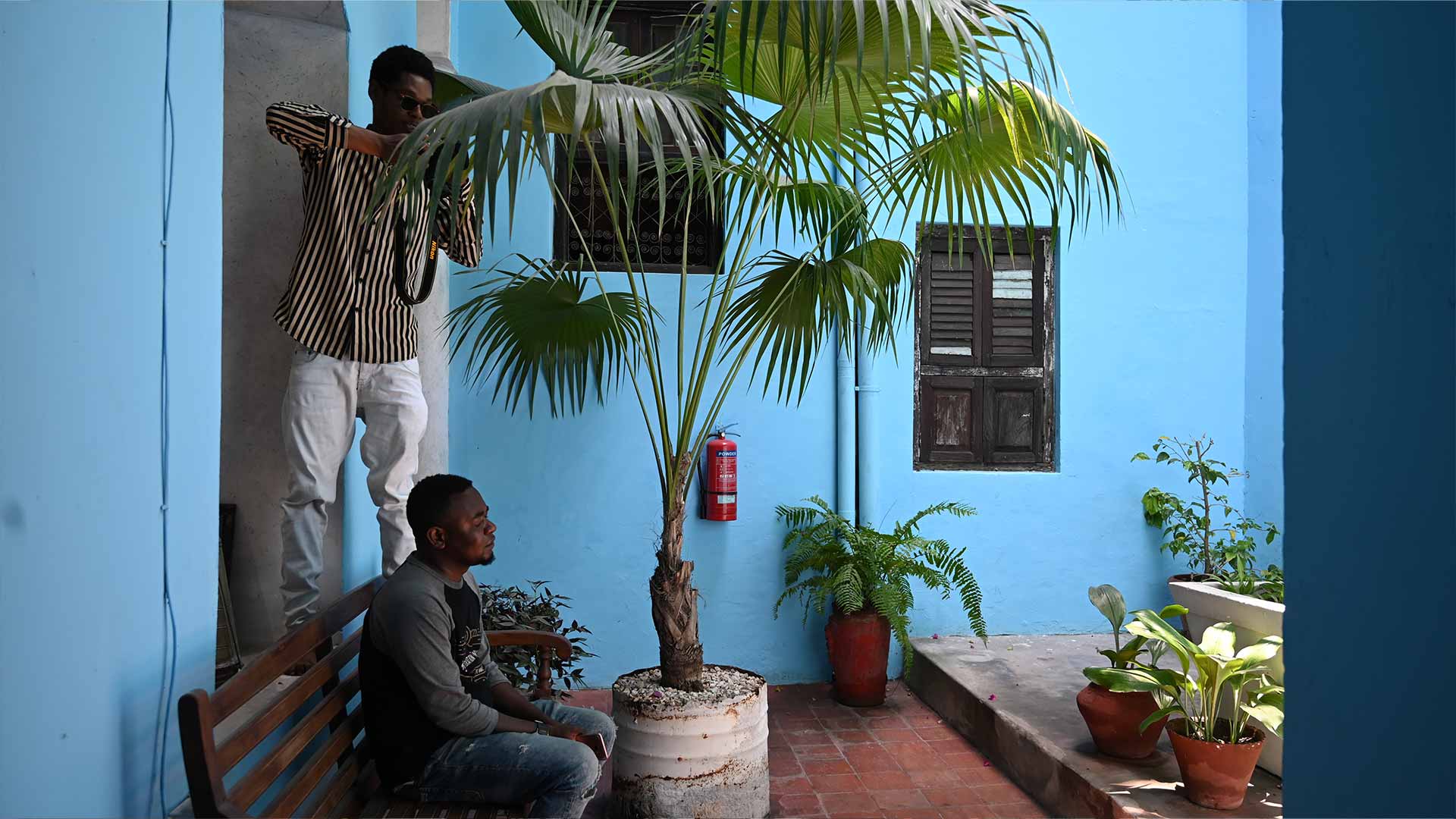
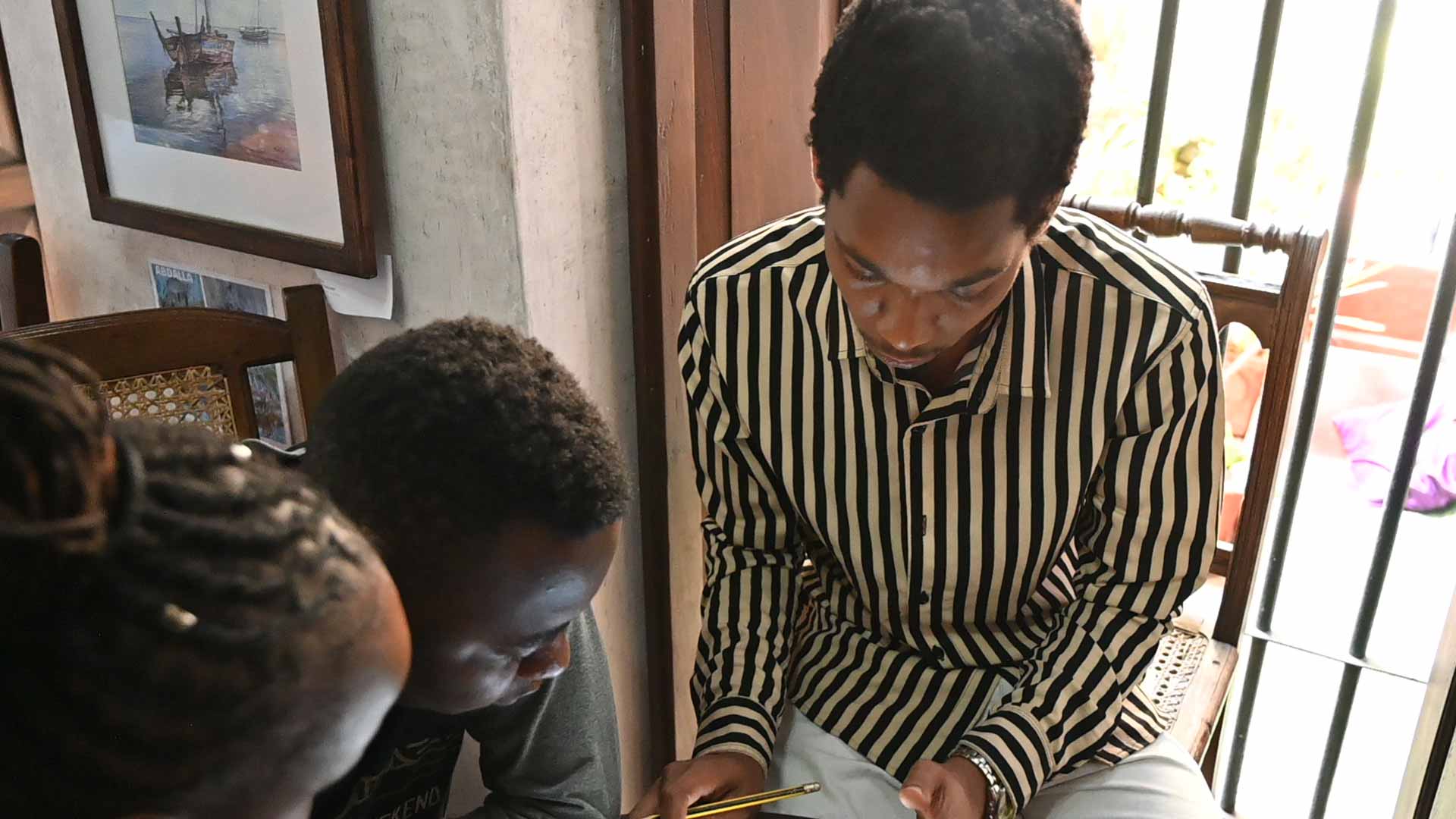
UTILIZING BASIC CAMERA COMPOSITIONS AND FRAMING
Learning Basic Camera Techniques
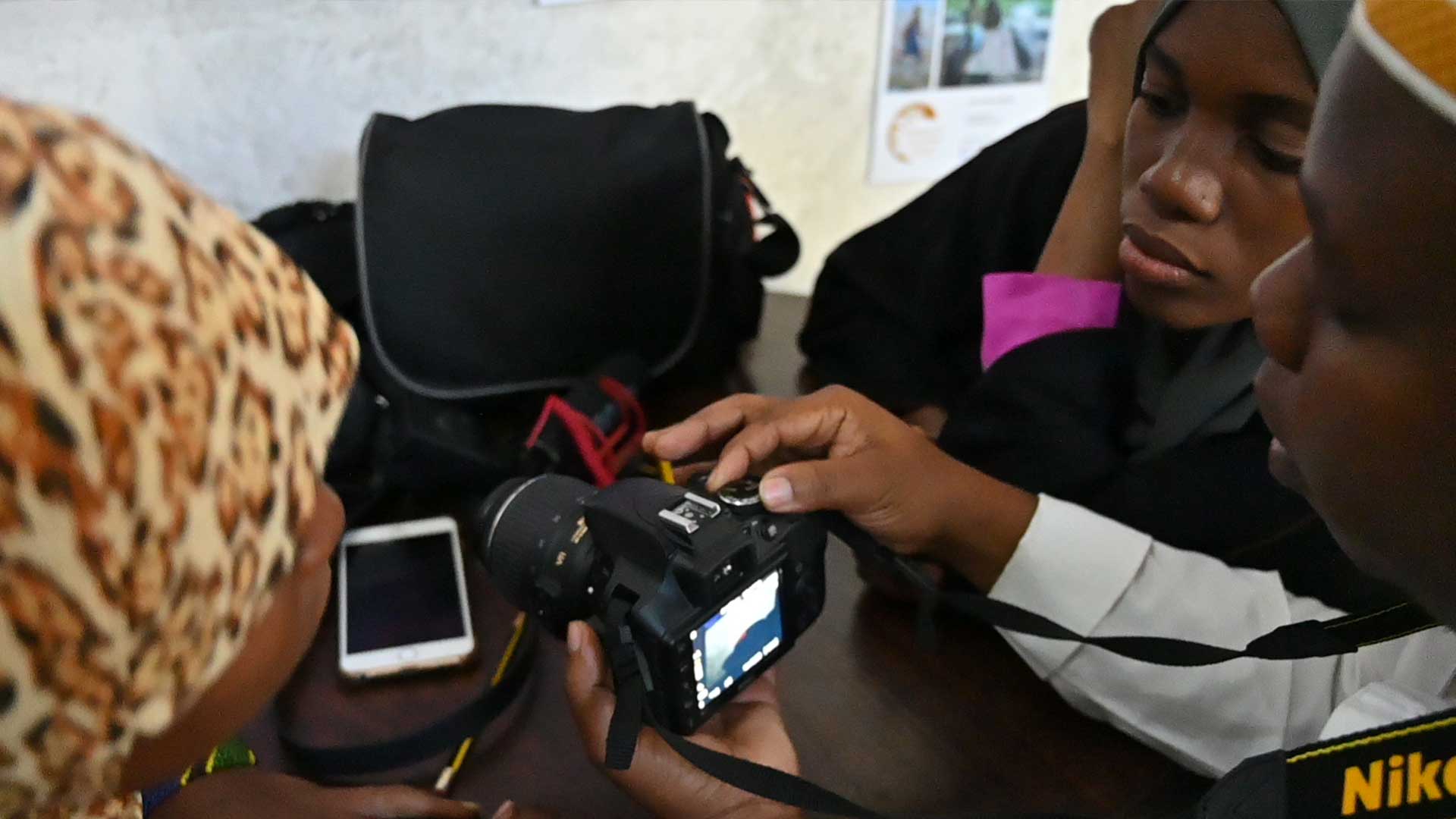
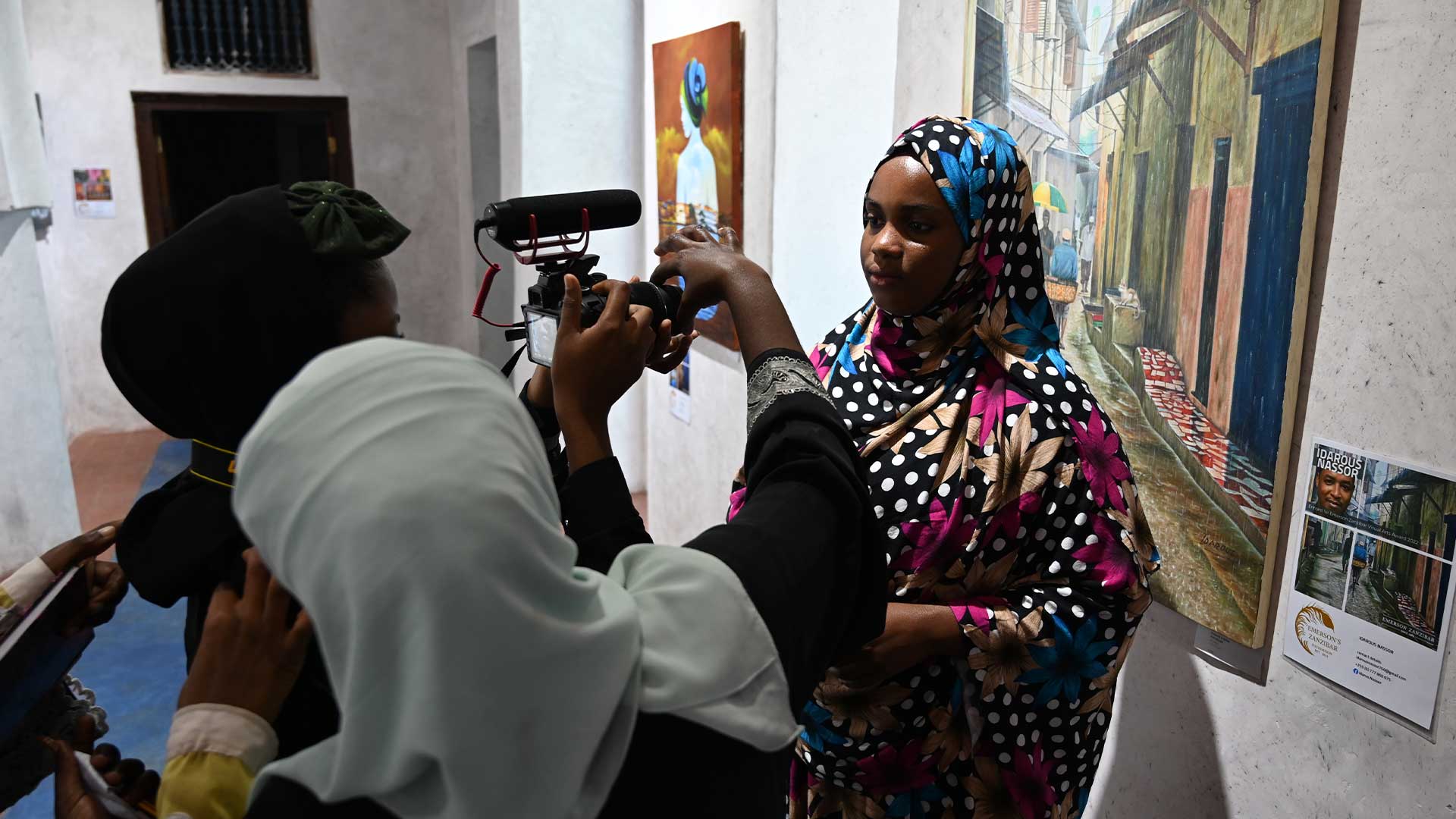
Practicing Camera Compositions
DAY 2
STORYBOARDING
Storyboards are paper visualizations of the productions. Storyboards show the camera placement, types of shots to be captured, framing, compositions, camera levels, and perspectives.
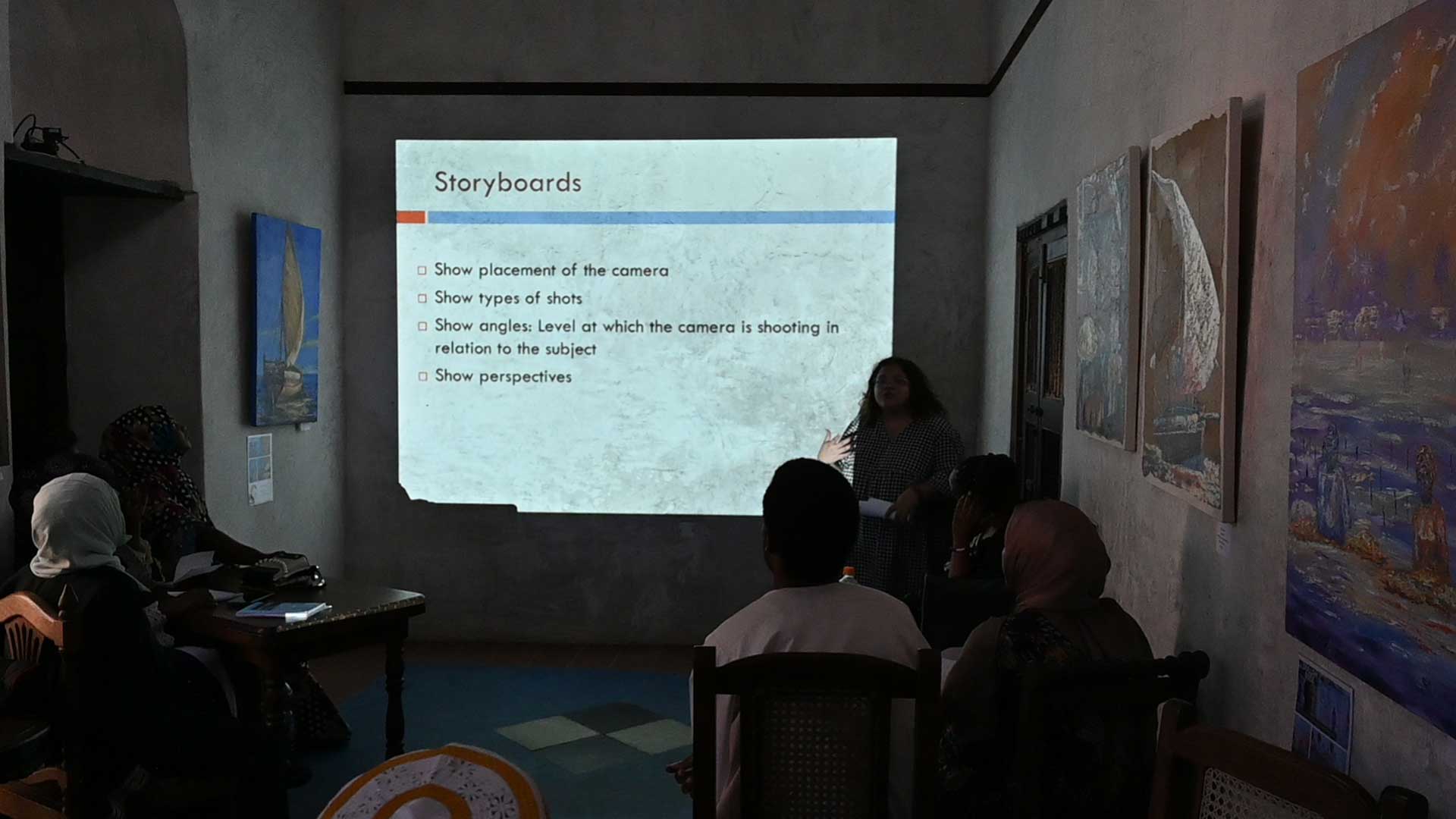
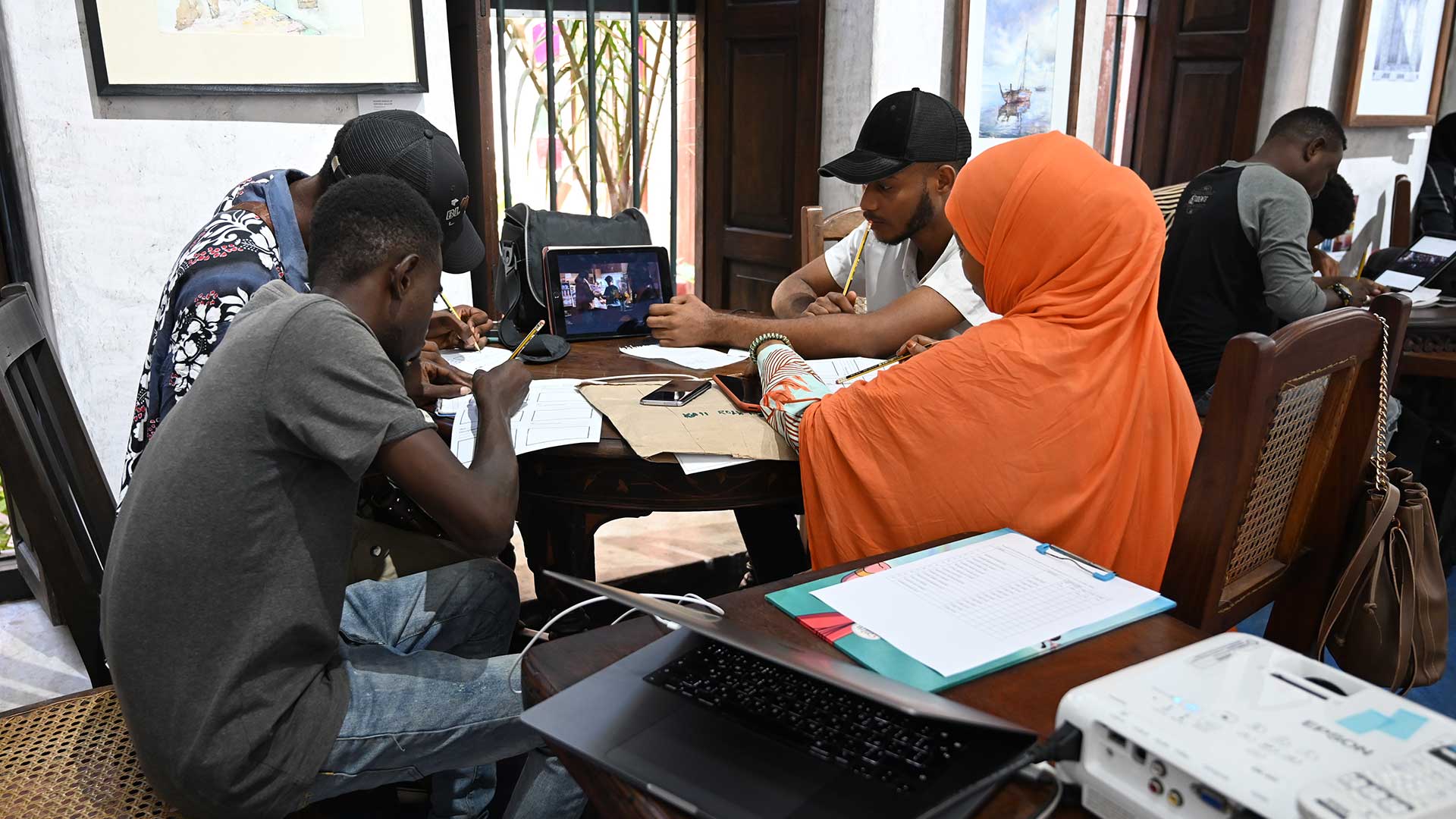
Storyboarding Exercise
DAY 3
THREE-POINT LIGHTING
Producing Three-Point Lighting by duplicating the overhead lighting. In addition to this, it balances the key light, reducing the contrast ratio.
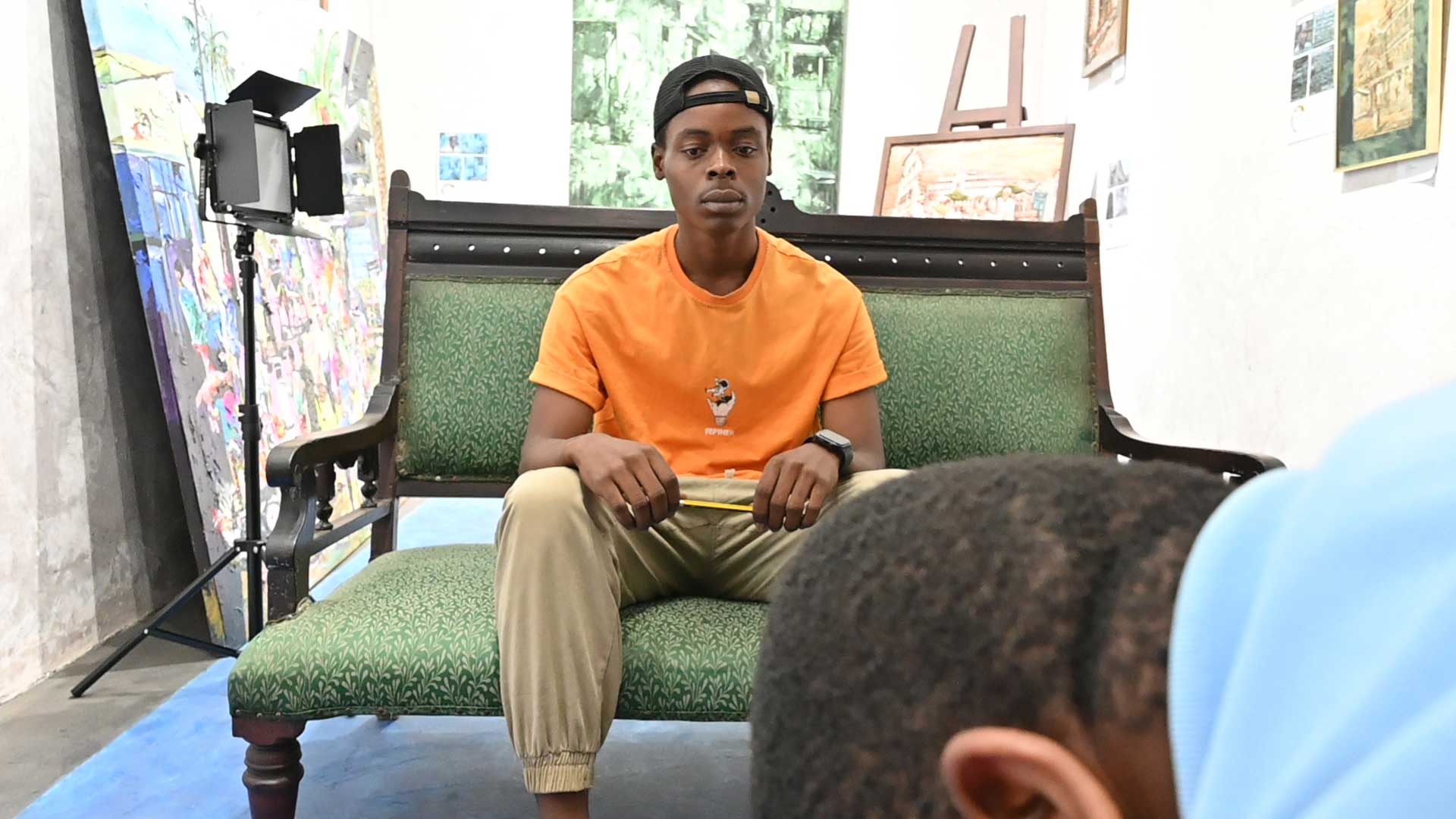
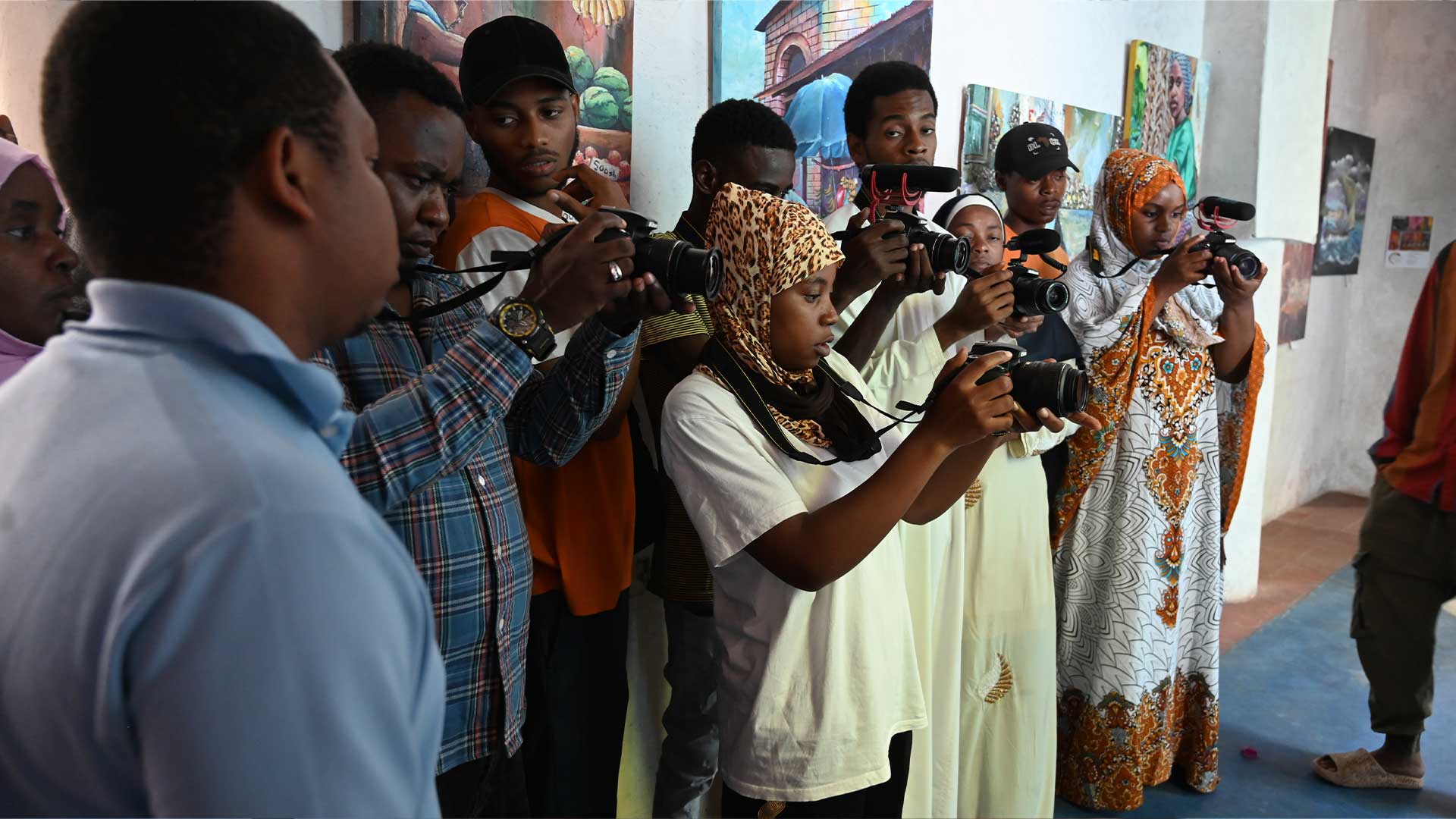
TRIPODS
Setting up the Tripod Stand
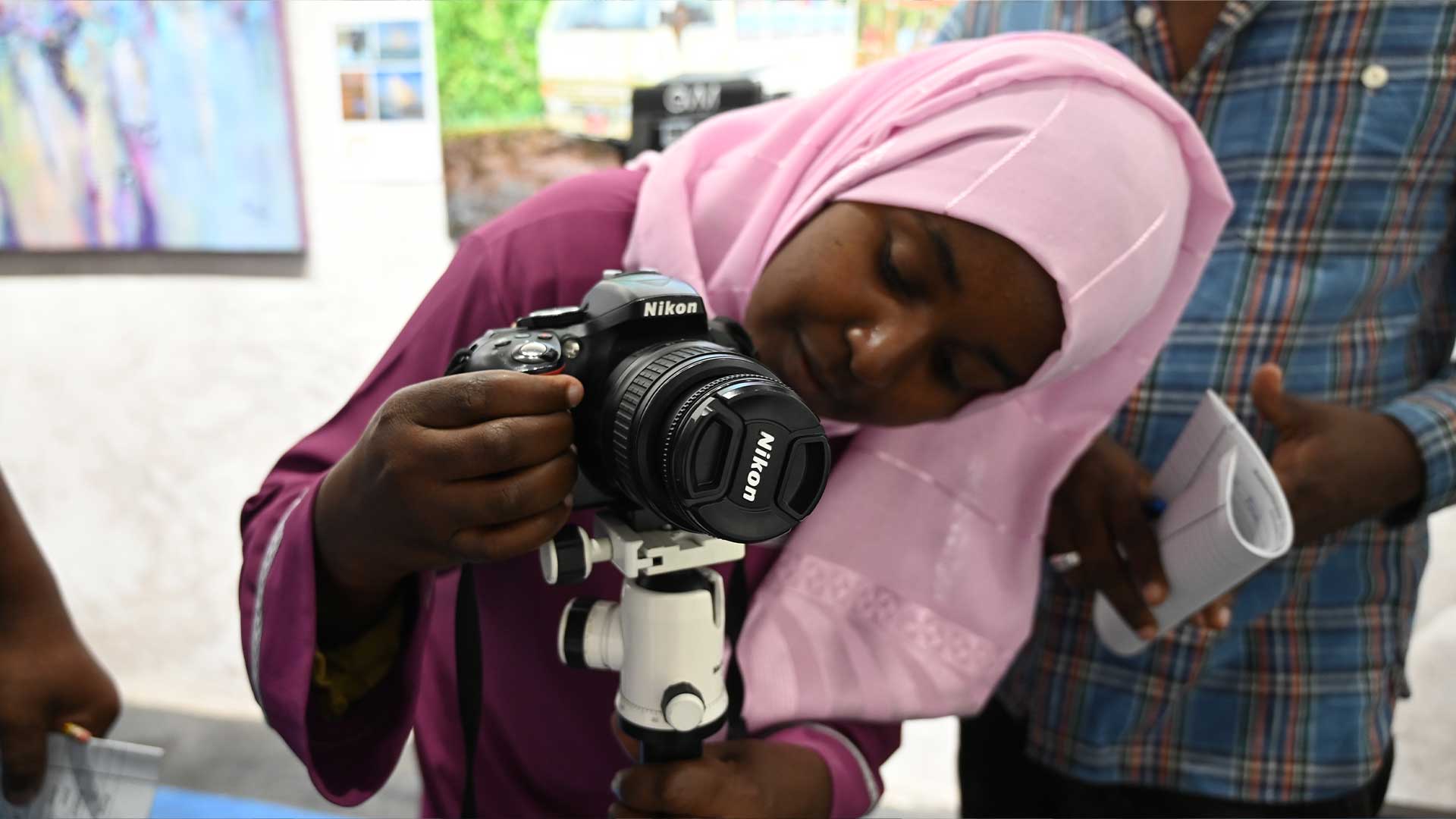
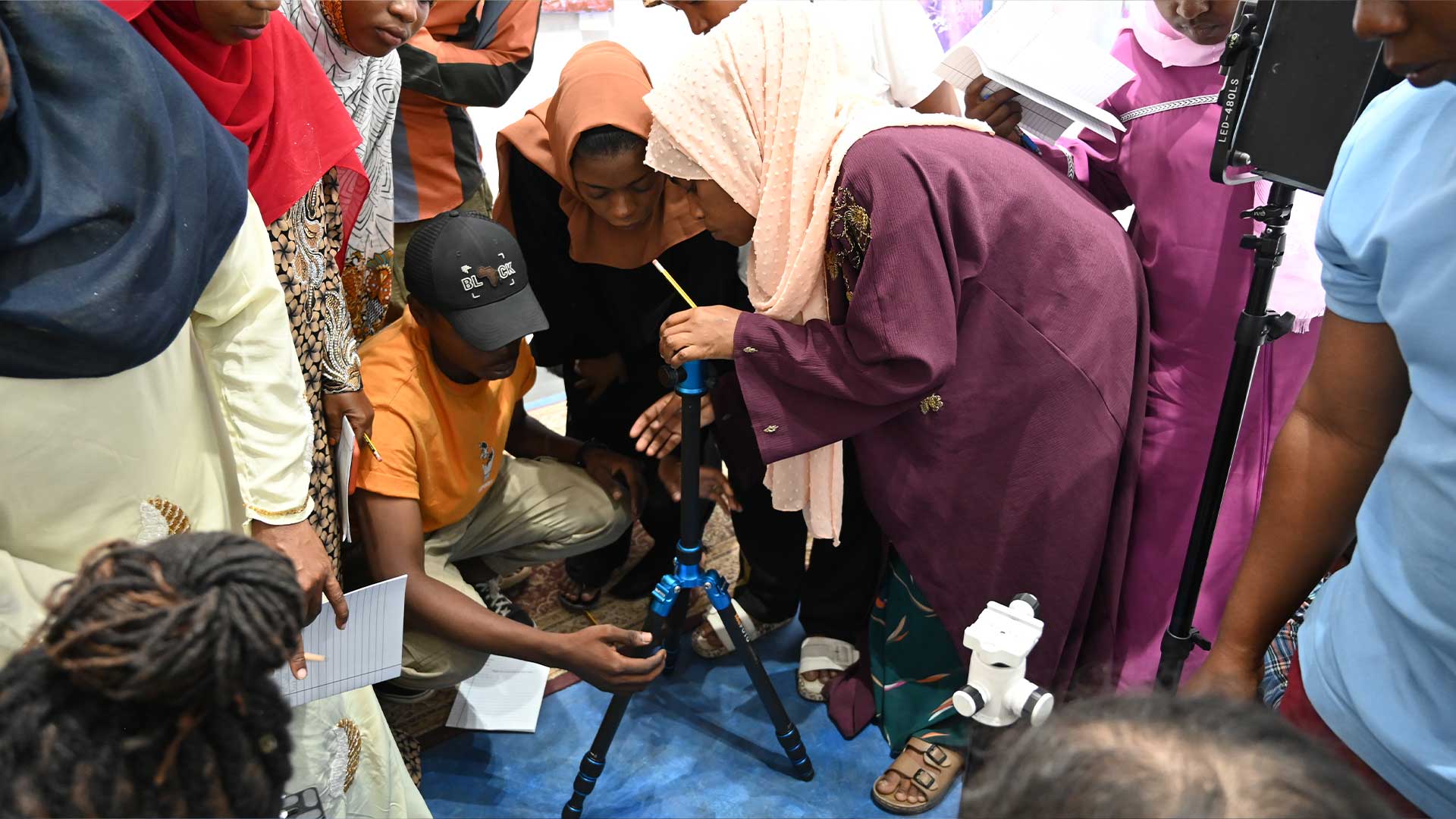
SOUND
Distinguishing Quality Sound
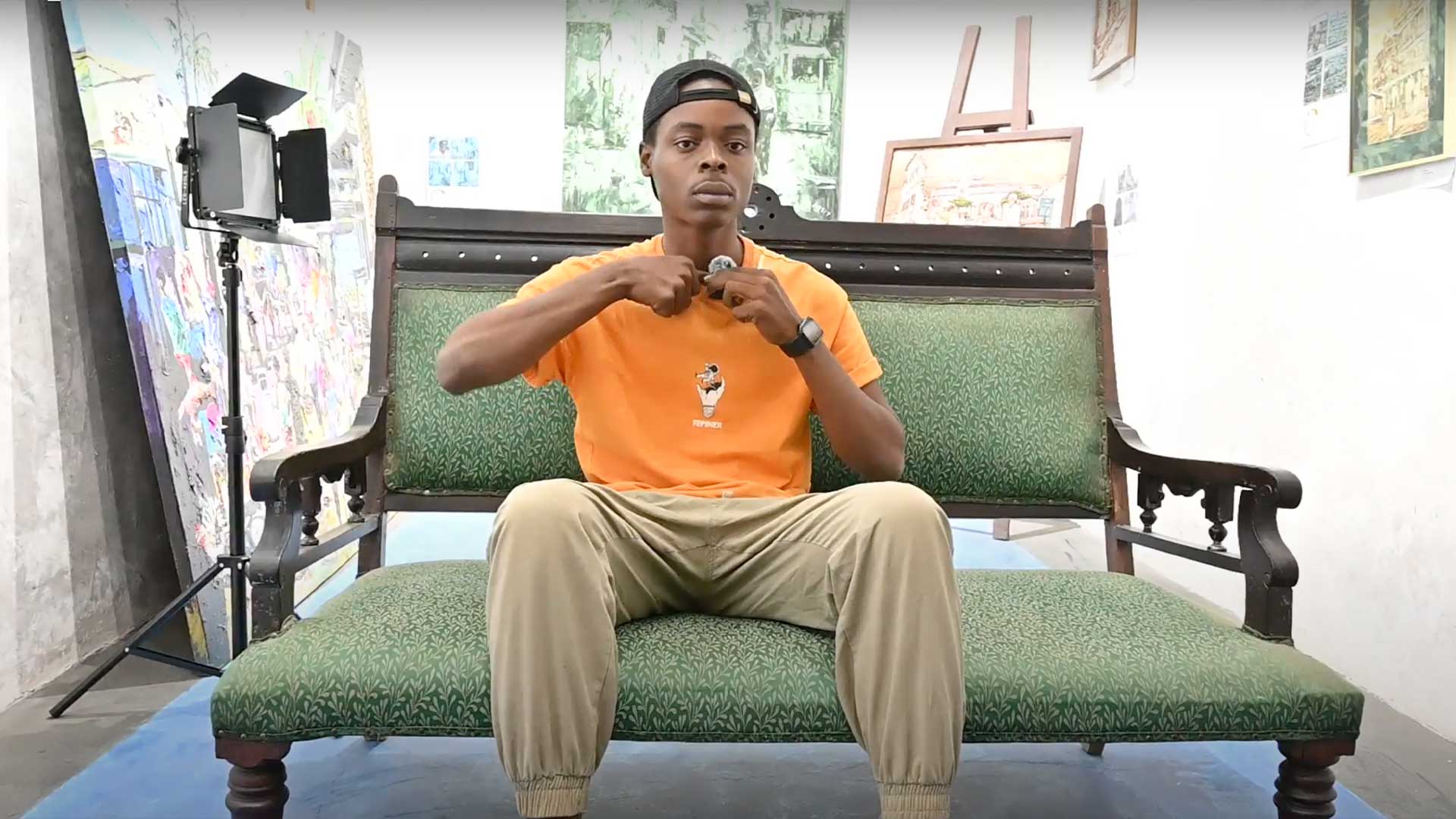
Setting up the microphone
INTERVIEWING
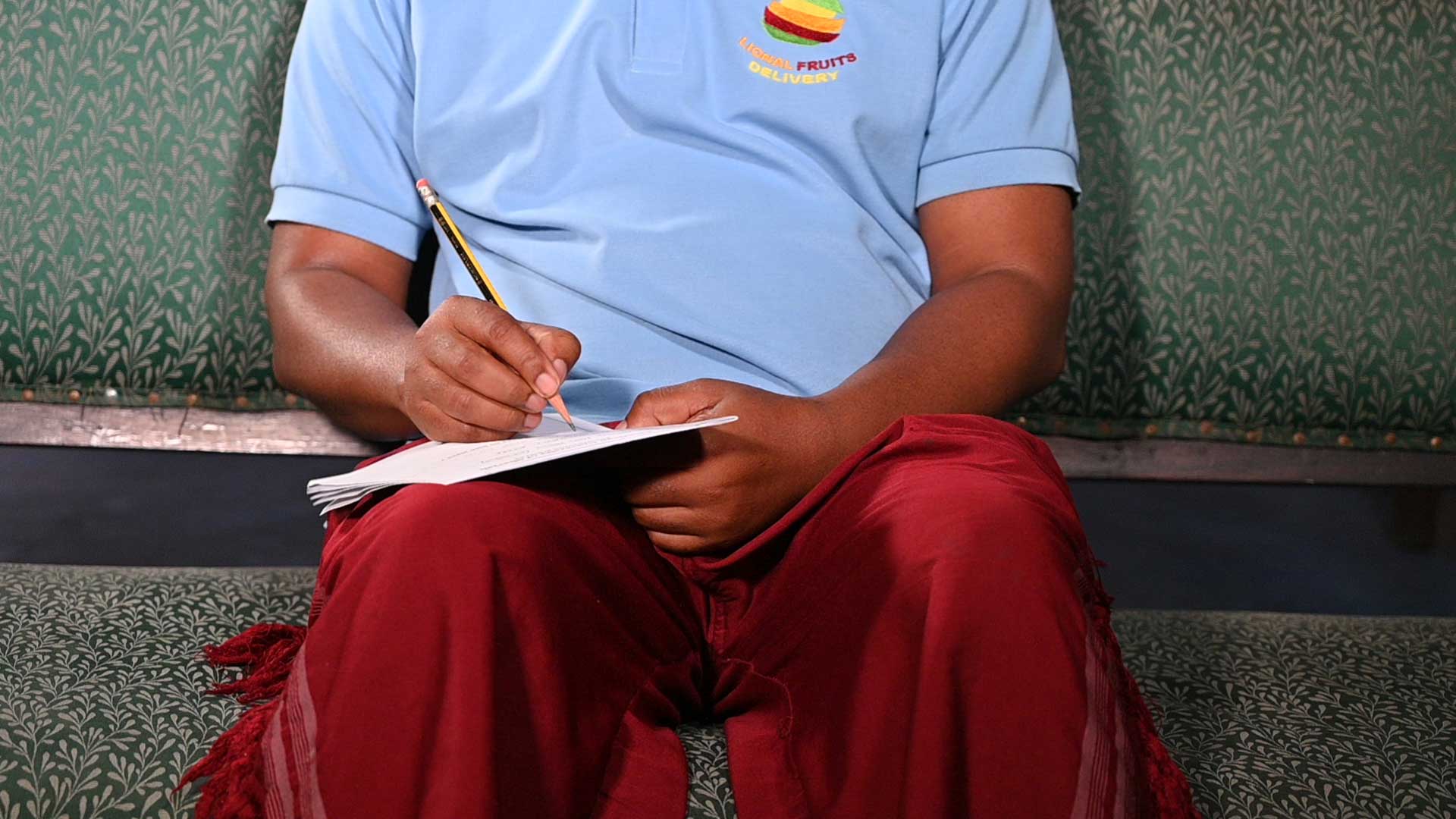
DAY 4
EDITING
Editing
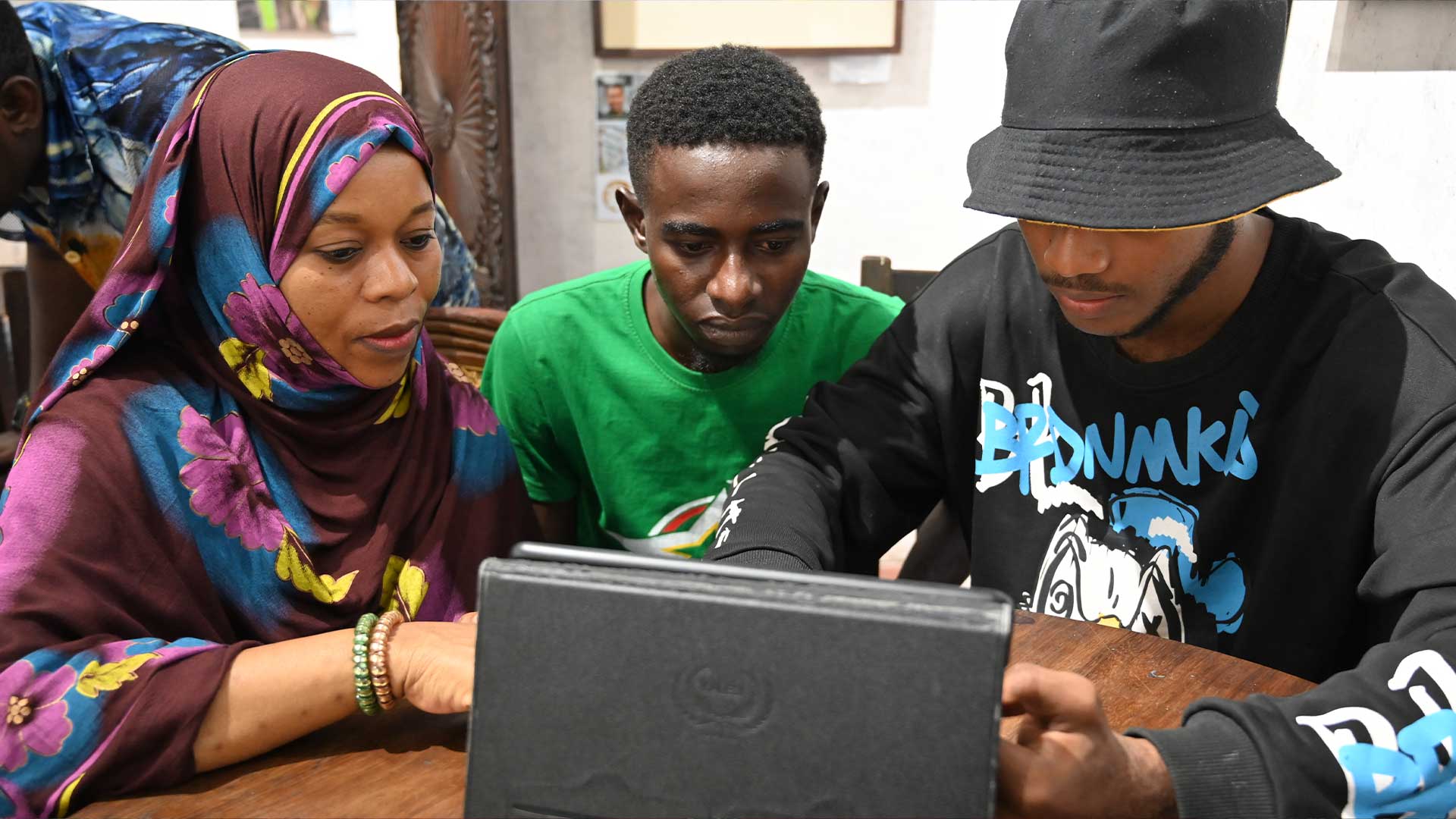
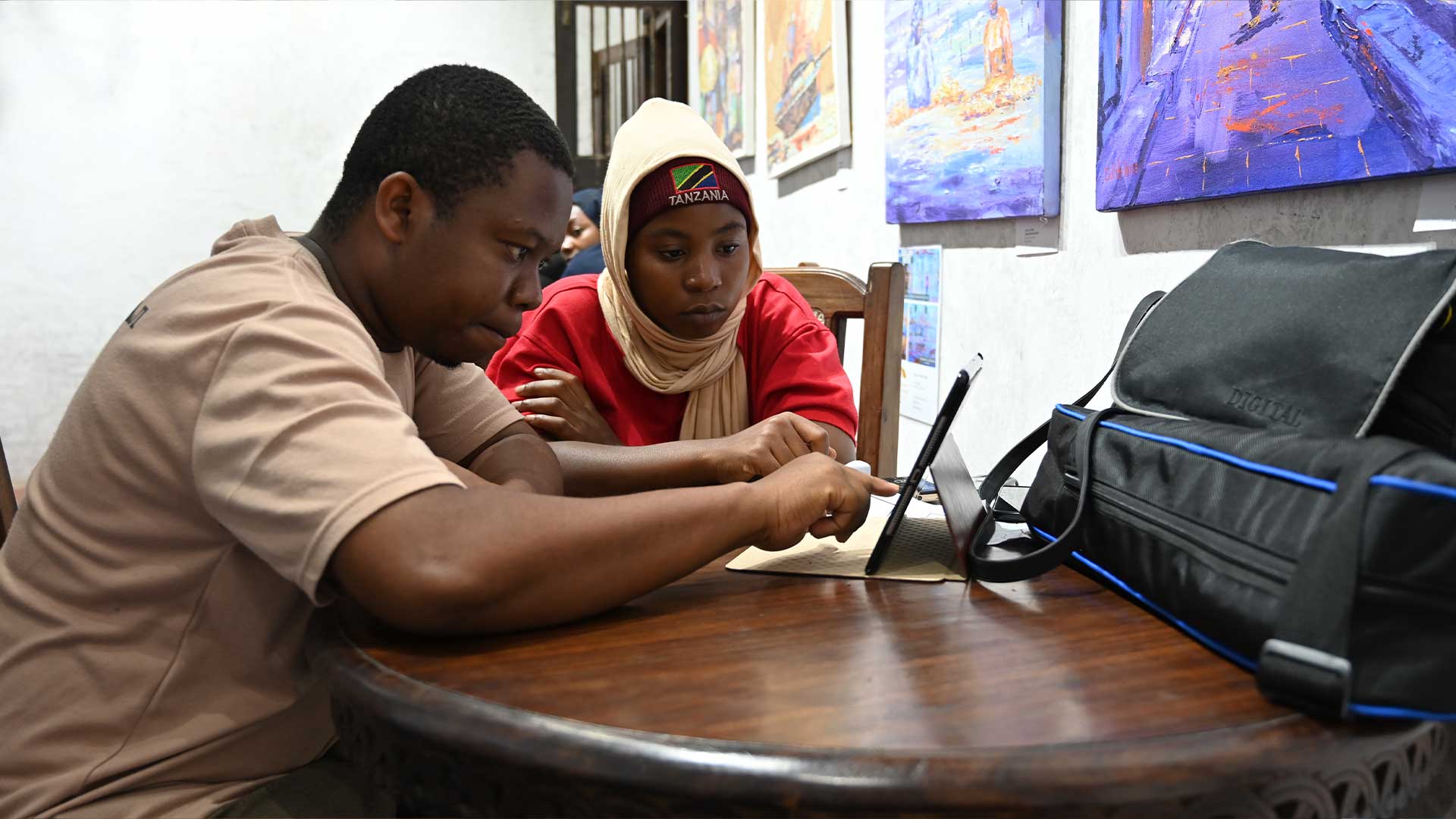
Participants get hands-on experience in editing documentaries
DAY 5
SCREENING NIGHT
Participants presented their final documentary videos on the screening night and received certificates.
Screening Night
